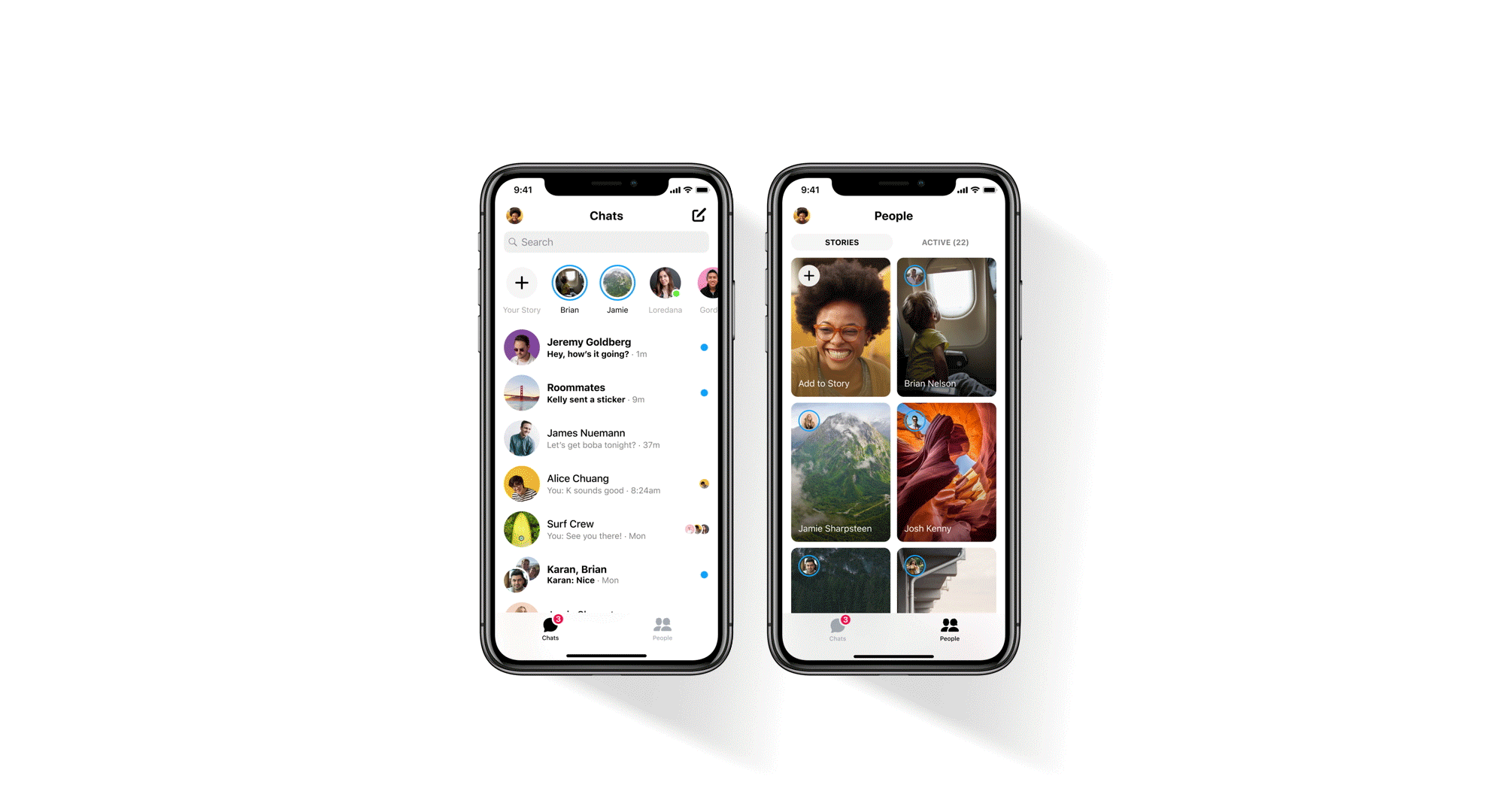Subscribe now and get the latest podcast releases delivered straight to your inbox.
Facebook Messenger on iOS is now faster, simpler, and a whole lot smaller

Mar 10, 2020

We don’t normally think about how many work-hours and lines of code go into making an app we enjoy every day. We just use it. But before we get our eager fingers on an app, many talented people have put many long hours into developing it.
Even after an app is released, there are many more hours that will be spent on improvements.
This is why after 10 years, the engineers at Facebook went back to the drawing board to completely revamp Messenger. Their goal was to reduce the size and bloat of the app. The project was dubbed Project LightSpeed.
Messenger is the second most popular iOS app of all time, only behind (you guessed it) Facebook. However, after 10 years and many updates, the app’s architecture became increasingly complex.
Starting from scratch, Facebook reduced Messenger’s core code from more than 1.7 million lines of code down to 360,000.
This will make the app faster and more responsive to the 1 billion people that use the app every month.
The need for speed
The whole idea for this revamp was to make every aspect of the app faster.
It’s much faster.
Raymond Endres, VP of engineering for Messenger, puts it this way:
“A faster start time may not matter as much if you only open an app once or twice a day to play a game or watch a movie, but it makes a huge difference when you open an app many times a day to respond to messages from the people who matter most.”
Compared with the previous iOS versions, Messenger is now twice as fast to start.
It’s much smaller.
“A smaller app means Messenger starts, downloads and updates faster for everyone, including people who use the app on older devices or in areas with lower connectivity where every kilobyte counts.”
It’s much simpler.
“Fewer lines of code makes the app lighter and more responsive, and a streamlined code base means engineers can innovate more quickly.”
To make it simpler, developers did have to strip away some of the features introduced over the years, like the Discover tab. However, they will be introducing more features over time that focus more on peer-to-peer communication.

Source: Facebook
The future of Messenger
The engineers at Facebook have future-proofed the app with the next 10 years in mind. All the work they’ve done now will make any future updates to the app exponentially easier to take on. Facebook Engineering states:
“In addition to building an app that’s sustainable for the next decade or more, this work has laid the foundation for cross-app messaging across our entire family of apps. It has also built the foundation we’ll need for a privacy-centered messaging experience.”
Hint, hint, wink, wink: cross-platform messaging for Messenger, WhatsApp, and Instagram is in the near future.
While these updates are making the app more speedy and responsive to users, businesses and Facebook ads managers will have a more challenging time.
Chatbots are being hidden from view in the app along with games and businesses. However, they can still be found through the Messenger search bar.
Without promotion through the Discover tab, businesses will have to rely on their owned or paid marketing channels to gain any traction for their chatbots in Messenger.
The new version of Messenger will be rolling out over the next few weeks.


Order Your Copy of Marcus Sheridan's New Book — Endless Customers!